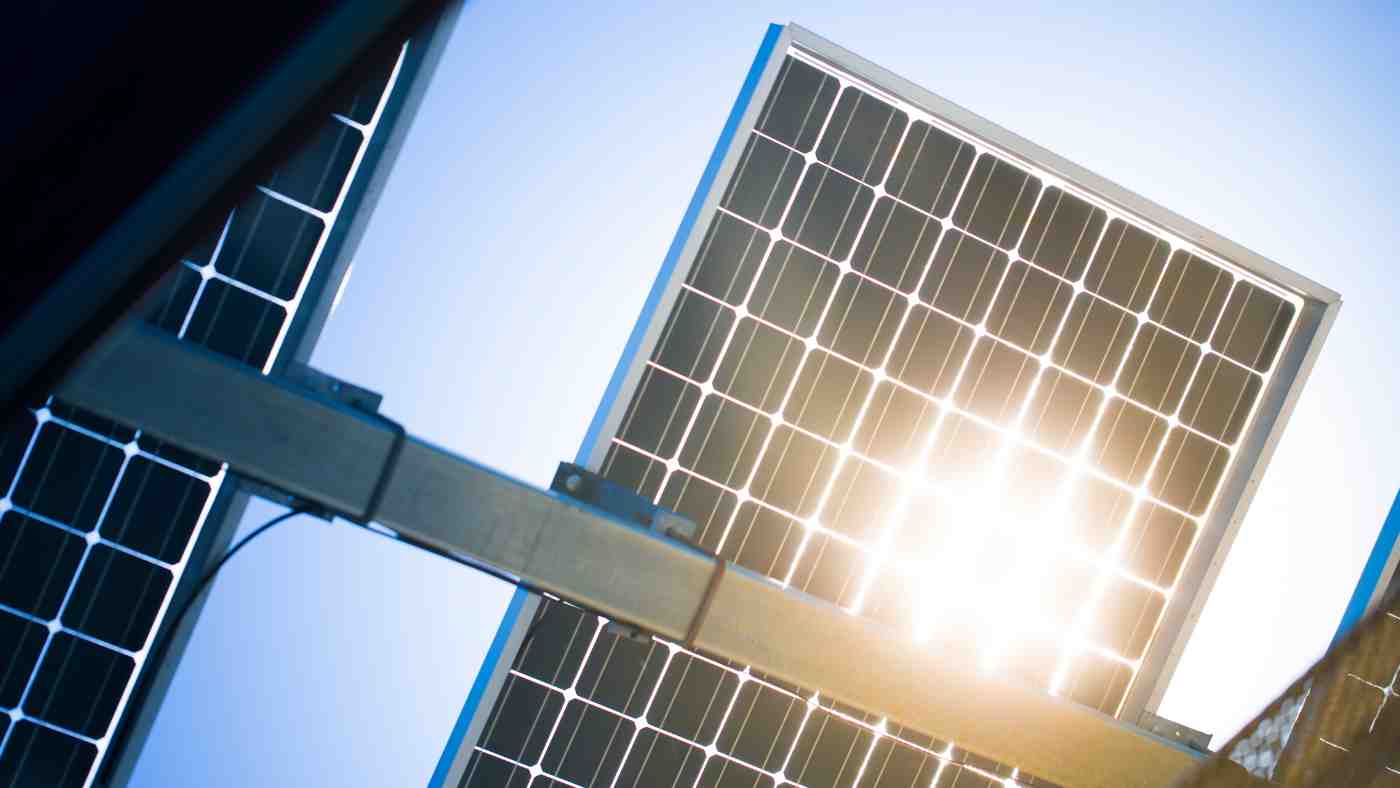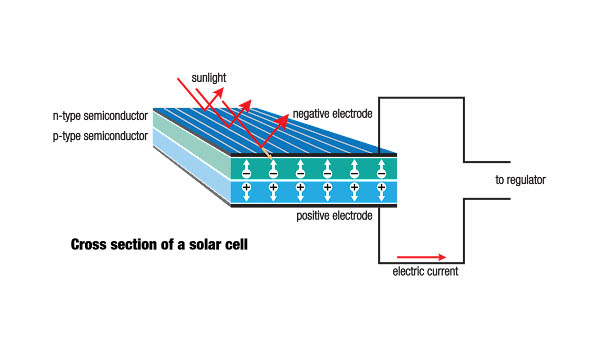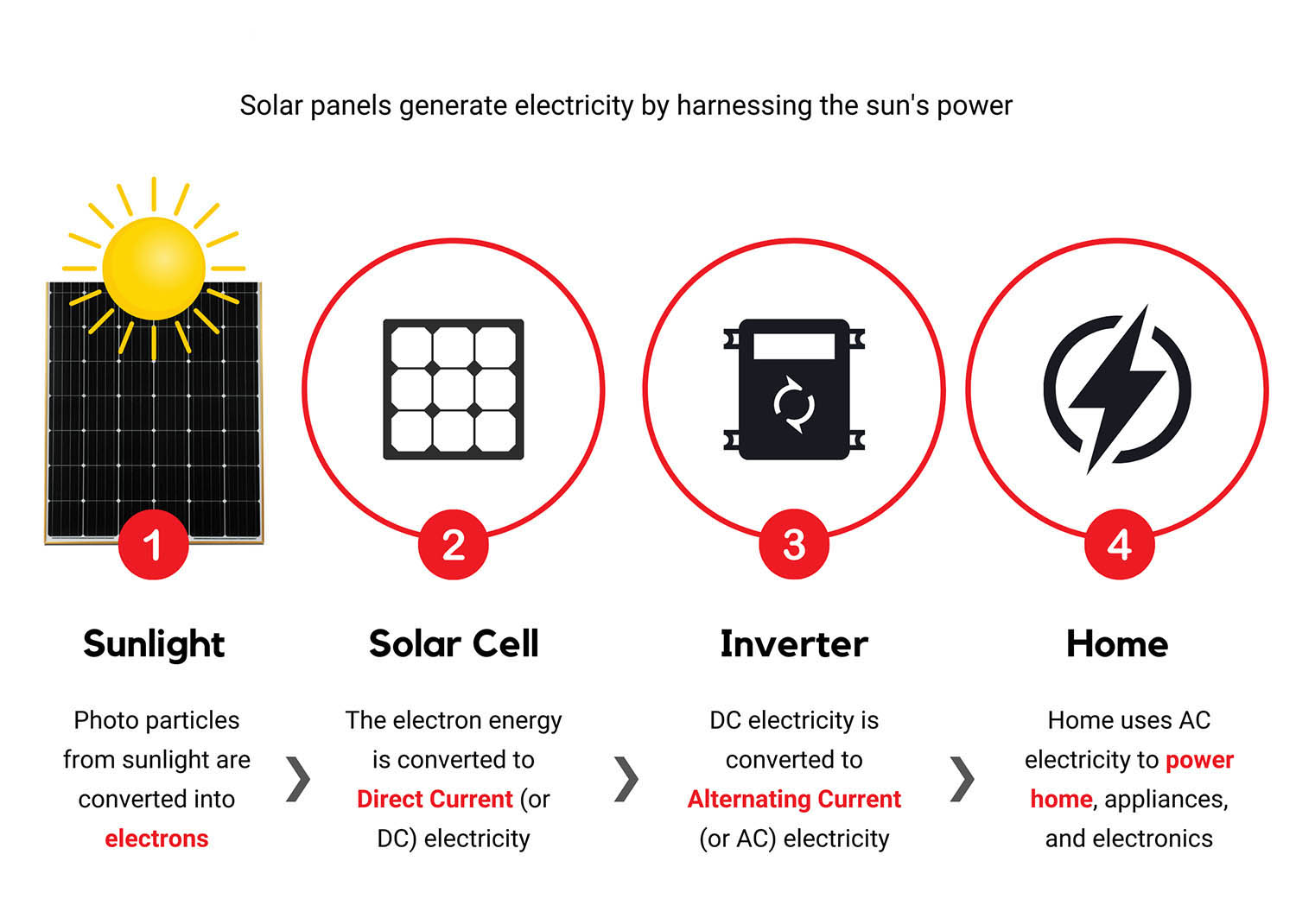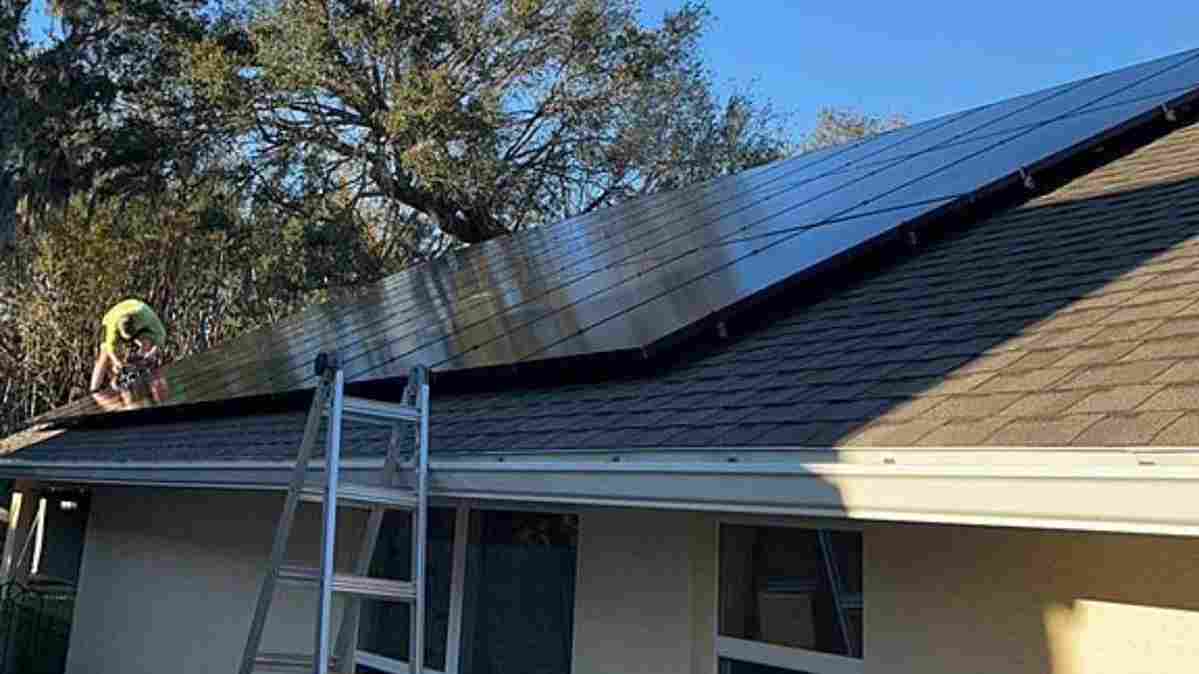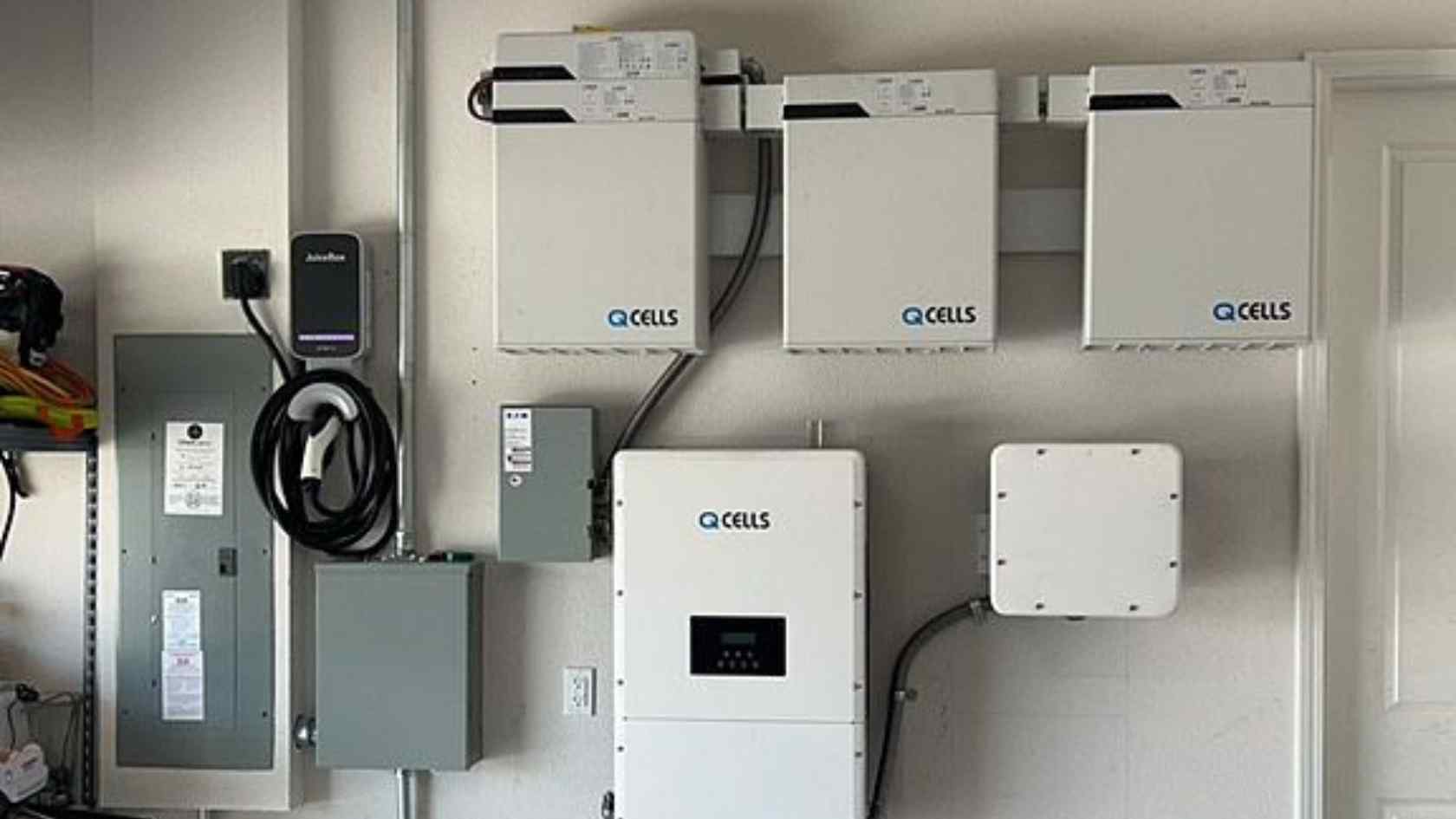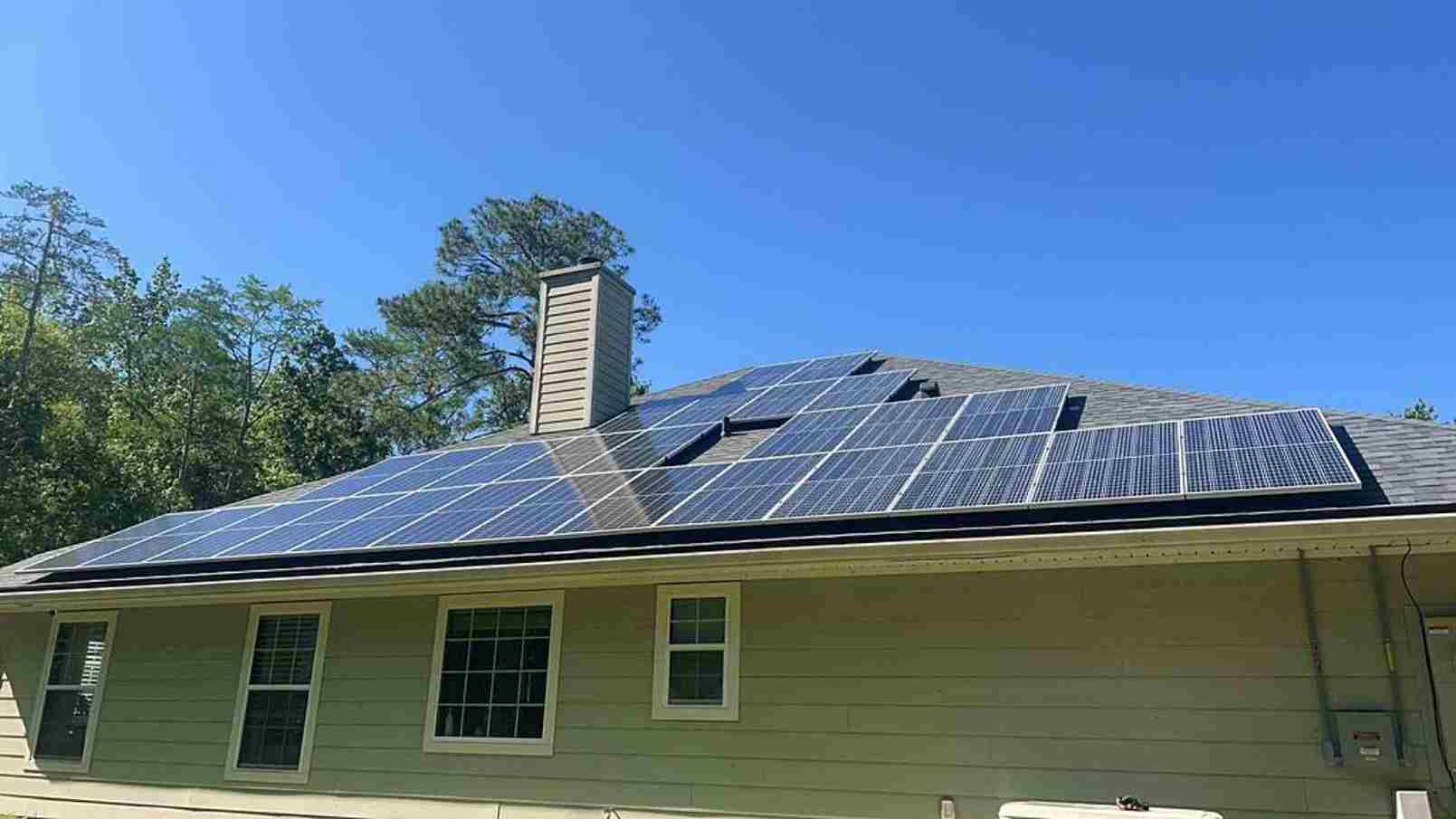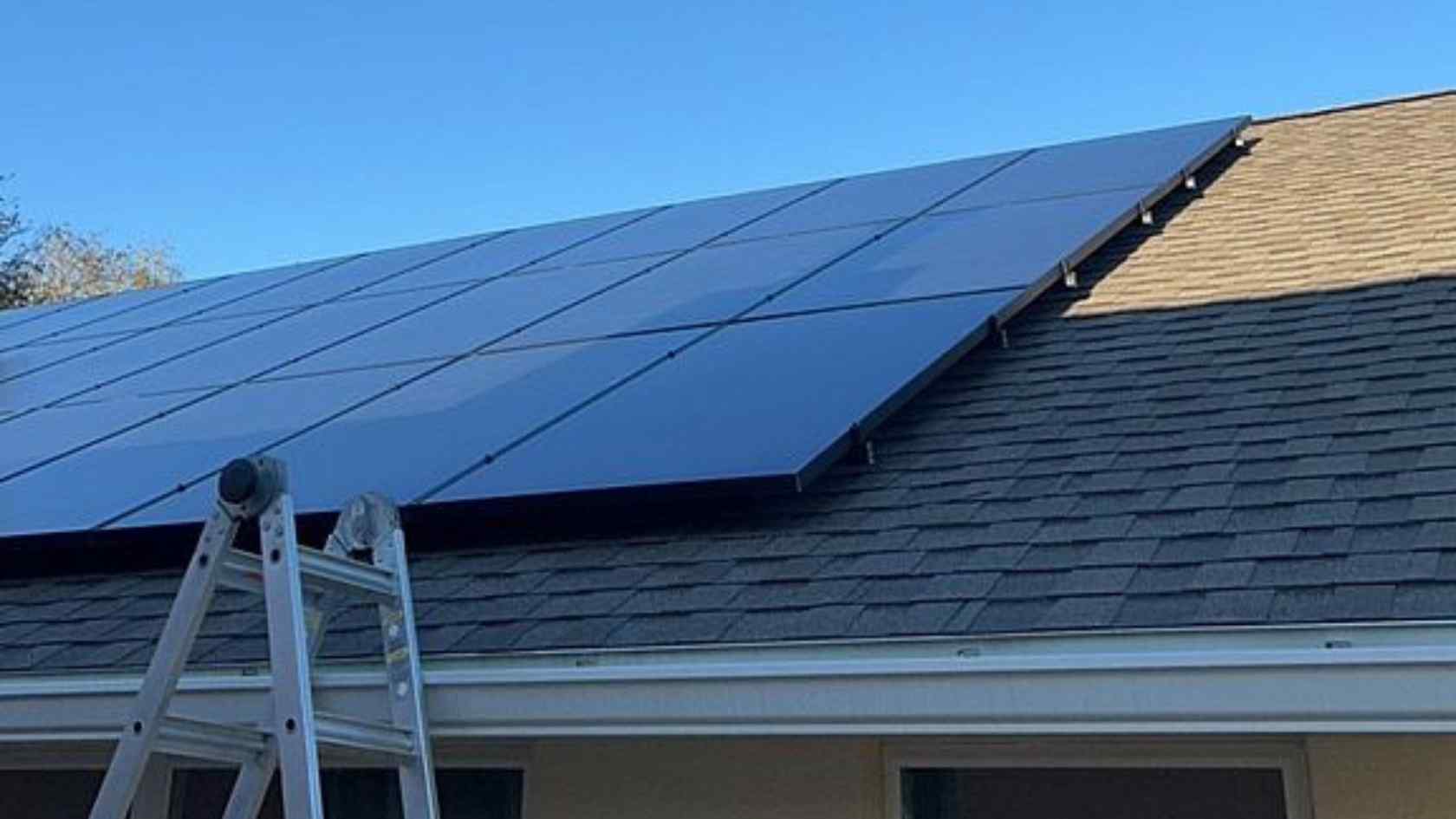Thanks to federal tax credits and low-interest financing, rooftop solar panels are more affordable than ever, especially for Florida homeowners looking to reduce their electric bills. Understanding how solar panels work can help you decide if going solar is right for you and your home.
In simple terms, solar panels capture the sun’s energy and then convert it into a usable form of power. About 173,000 terawatts of solar energy hit Earth every day, making solar the most abundant form of energy on the planet. If solar panels could capture all of the sun’s energy, they would produce more than 10,000x of the world’s total energy needs!
What Are Solar Panels Made Of?
Each Photovoltaic (PV) solar panel is made up of many smaller individual solar cells. Each cell has a positive layer and a negative layer, creating an electric field, like in a typical battery. Just like semiconductors used in electronics, solar cells are usually made of silicon.
How Solar Panels Work
Earth’s sun is a natural nuclear reactor. It generates millions of tiny light particles called photons that travel 93 million miles and reach Earth in about 8.5 minutes. When these photons hit the positive/negative fields inside a solar cell, they cause the electrons inside to move. This movement creates direct current (DC) electricity.
The U.S. electrical power grid, your home, and electronics run on alternating currents (AC). An inverter works with rooftop solar panels to convert the energy made from solar cells into a usable form for your home.
When multiple solar panels are linked together, it is called a solar array. The more rooftop solar panels you have, the more electricity you can expect to generate.
Get Help From A Licensed Florida Solar Installer
Have questions or need more information? The experts at Raze Solar are here to help! Call or text (904) 595-6835, schedule a free solar panel quote online, or view our services areas and learn how to make the switch. Learn more about our solar energy company and see recent projects by following us on Facebook and Instagram.
FAQ's About How Solar Panels Work
Are solar panels connected to the energy grid?
Homeowners can connect their rooftop solar panels to the energy grid through net metering. In most cases, solar panels produce more energy than a home needs during peak daylight hours. When this happens, the excess energy is fed back into the grid to be used elsewhere. Florida homeowners eligible for net metering may receive credits for the extra power produced to offset energy costs at night or on cloudy days. A net meter records the energy sent compared to the energy received from the grid.
How much energy can solar panels generate?
The amount of power rooftop solar panels can produce depends on the type and total number of panels installed.
Solar panels are rated by the amount of DC (direct current) power they generate under standard test conditions. The amount of power is measured in watts (W) and reflects the panel’s theoretical power production under ideal sunlight and temperature conditions. More watts means more power can be generated.
Rooftop solar panels come in a variety of sizes capable of producing varying degrees of power. This creates flexibility and means solar power systems can be fully customized to fit the needs of a home.
Can energy from solar panels be stored?
If rooftop solar panels create extra power, it can be saved in batteries and solar storage systems. This additional power can be beneficial for homeowners during blackouts or emergencies when the primary power grid goes offline like a backup generator. Our solar storage systems come with an app to monitor energy production, track usage, and store excess power for later.
Have questions about how solar panels work?
Our team of FL solar installers is ready to help! Give us a call at (904) 595-6835 or send us a message online!
What should I know before installing solar panels on my home?
We understand there is a lot to consider before making the switch to solar power. That's why we offer free solar panel quotes and home assessments so you can get all the information needed to make the best decision for your home.

